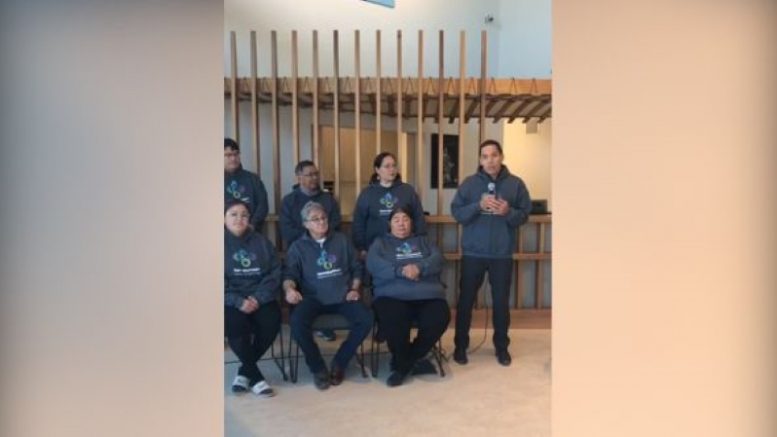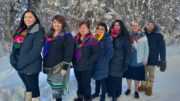“While Inuit are asked to take part in many surveys, most are not developed and controlled by Inuit.”
That’s what makes the Qanuippitaa? National Inuit Health Survey different from those in the past, according to the Inuvialuit Regional Corporation.
“It is the only Inuit controlled health survey that includes Inuit of all ages from all communities across the four Inuit regions,” says the IRC.
Qanuippitaa? means “How are we?” The name harkens back to previous versions of health surveys that have gone on across Inuit Nunangat, stretching all the way back to 2004.
The effort is being led by Inuit Tapiriit Kanatami in this latest version.
The survey is permanent meaning that ITK has secured funding for the health survey on an ongoing basis. Last year, the federal government announced $82 million over 10 years for the survey with an ongoing $6 million a year.
The first round of the survey is expected to begin in 2021 and take place every five years to monitor changes over time. Initial results of the survey are expected to be available by 2024.
In a news release, ITK says, “All of the data will be owned by Inuit and survey questions will reflect Inuit health priorities.”
At the announcement earlier this month, ITK President Natan Obed said the survey will be for all demographics, not just adults.
“There will be national data that can be rolled up in an understanding of the national Inuit health indicators,” he said.
According to the IRC, the questions are still being worked out but will likely address smoking, the use of cannabis, other drugs, mental health and access to health services.
The IRC says this data will allow the regions to tailor health programs to fit their needs.









